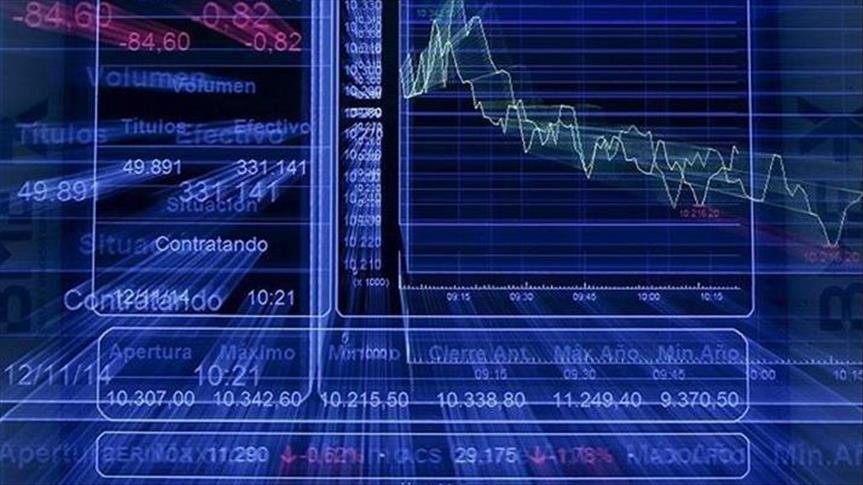
Turkey
by Andrew Jay Rosenbaum
ANKARA
Eritrea is attempting an economic makeover, with structural reforms and even a new currency, in an attempt to change from a secretive dictatorship to a more open, liberal economy, experts say.
In its most recent enterprising move, the government announced in January that it would replace its current currency, the nakfa, with a new, as yet unnamed, one.
This positive move will enable tighter control of monetary policy, says Valerie Frank, a political scientist currently completing a Ph.D. thesis on development in the country, in a note published on Jan. 10.
This Red Sea state of 6.5 million people, of which about 70 percent is Muslim, is making an effort to create economic opportunities, with an eye to stemming the tide of 400,000 refugees who have fled the country in the past six years, according to UN statistics.
Forced military conscription is the main reason for people leaving the country, according to the UN. President Isaias Afwerki has repeatedly said he will end the practice, but there is no clear evidence that it has been stopped.
After a 30-year independence struggle with Ethiopia ended in May 1991, border conflicts continued for many years.
However, since becoming independent, Eritrea has been governed solely by an authoritarian regime headed by Afwerki, who has maintained emergency rule at the expense of the country’s economy.
The UN has even accused the Eritrean government of supporting terrorism, slapping it with economic sanctions in 2009 which have been maintained ever since.
However, the government is trying to emerge from isolation and economic stagnation – and its efforts are seeing some success. On Dec. 11, the European Commission announced a new five-year assistance package to Eritrea worth €200 million ($217.7 million).
In 2015, a number of oil companies, including Italy’s ENI, the U.K.’s Tullow Oil and Defba Oil Share Company (a Chinese-Eritrean joint venture) have negotiated with the government to explore for hydrocarbons. Eritrea has confirmed reserves of oil and gas but the country’s previous policy of keeping foreign experts of all kinds out has kept these from being quantified.
Much more is underway, as the government has stepped up support for mining. International companies have increased investment in the country’s copper, gold, iron ore, nickel, silica, sulfur, marble, granite and potash mining.
According to a report published in December by the African Development Bank, mining contributed the largest amount to 2015 GDP, which is projected at 2.1 percent, up from two percent in 2014 (all data from Eritrea are provisional, as the report notes, as the government has not permitted experts to make regular surveys).
Eritrea is still suffering from lack of development. Agriculture is the mainstay of the Eritrean economy on which 80 percent of the population depends for their livelihood, according to World Bank statistics. About 30 percent of Eritreans are semi- nomadic or agro-pastoralists, according to the bank.
In the only available full economic study of the country, published in August 2014 by noted economists Michael Gebre and Kibreab Habtom of the University of Asmara, institutional development is Eritrea’s biggest need:
“The critical challenge that faces Eritrea today is the establishment of economic, social and political institutions, and the development and utilization of human resources to enable these institutions to operate effectively.”
Eritrea, as a new nation, is confronted by three challenges of transition, the two economists noted:
“A transition from a state-dominated economic order to a market-based economic system; a transition from colonial military regime to a just and democratic society; and a transition from conflicts and strife to political reconciliation and economic rehabilitation.
“These transitional challenges demand … civil service, public enterprises and local government reforms.”
According to an African Development Bank/UNDP report for 2015, the growth outlook is promising if Eritrea exploits all its opportunities for trade and opens up to foreign investment in areas other than the mining sector:
“The Government of the State of Eritrea has placed high priority on building an efficient national government and developing its own capacities to manage policies and productively exploit the country’s abundant natural resources for sustainable socio-economic development,” the report said.
Progress made through structural reforms is expected to gradually improve the economy, according to the report, but economists are watching for concrete measures to be enacted – a number are expected this year, the report’s authors claim.



